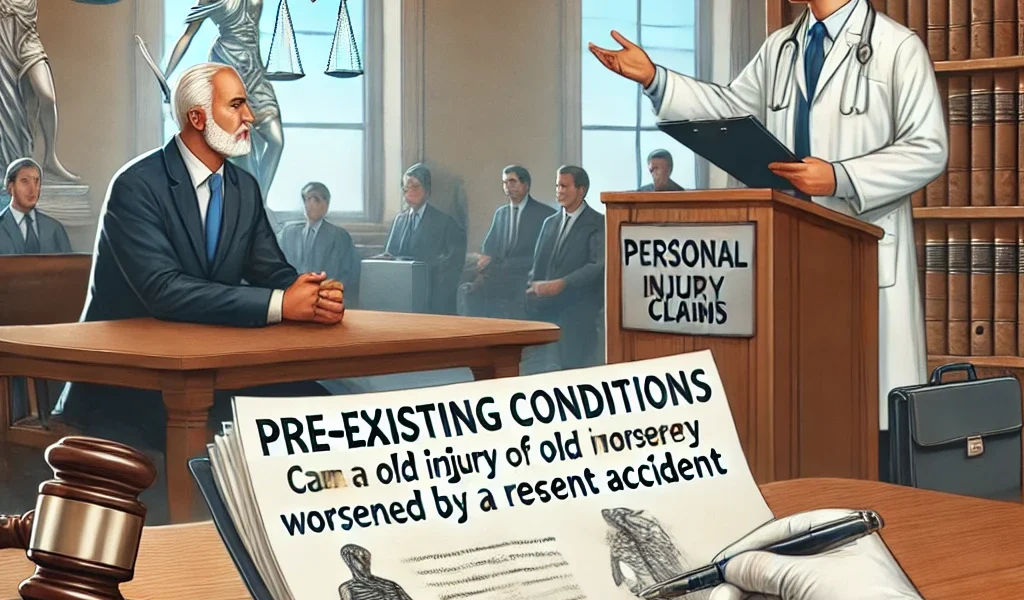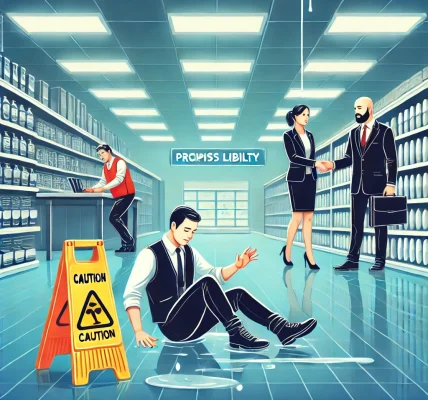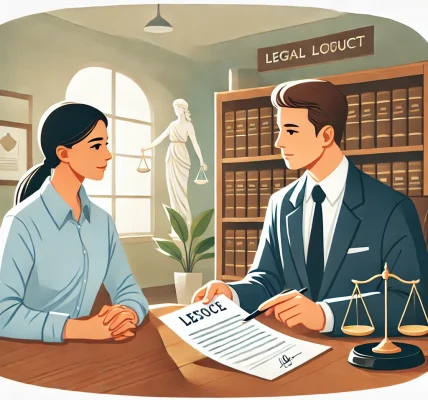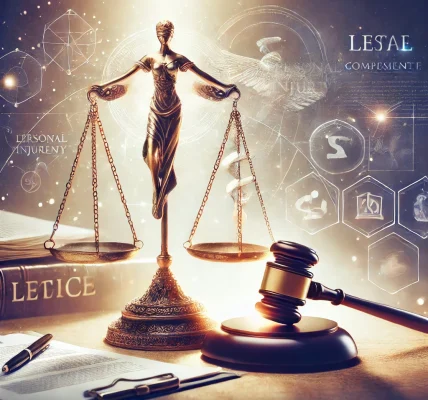When filing a personal injury claim, one of the most significant factors that can influence the outcome is whether the injured party had a pre-existing condition. Insurance companies and defense attorneys often use pre-existing medical conditions as a reason to minimize or deny compensation. However, having a pre-existing condition does not mean you are not entitled to fair compensation.
In this article, we will explore how pre-existing conditions impact personal injury claims, how to protect your rights, and what strategies can be used to maximize compensation despite having prior health issues.
Understanding Pre-Existing Conditions in Personal Injury Claims
A pre-existing condition refers to any medical issue or injury that a person had before the accident occurred. These conditions can include chronic illnesses, prior injuries, or degenerative diseases such as:
- Arthritis
- Herniated discs
- Back and neck injuries
- Heart conditions
- Diabetes
- Previous fractures or surgeries
While pre-existing conditions can complicate a claim, they do not automatically disqualify you from receiving compensation. The key is proving that the accident either aggravated your condition or caused new injuries beyond the pre-existing issue.
The “Eggshell Plaintiff” Doctrine
The Eggshell Plaintiff Doctrine is a legal principle that protects individuals with pre-existing conditions. According to this doctrine, a defendant cannot avoid liability simply because the injured person was more vulnerable than an average person.
For example, if you had a previous back injury and a car accident worsened your condition, the at-fault party is still responsible for the additional harm caused. The defendant must take the victim as they find them, meaning they are liable for any injuries, even if they are more severe due to a pre-existing condition.
How Insurance Companies Use Pre-Existing Conditions to Their Advantage
Insurance companies often try to use pre-existing conditions to reduce or deny claims. Here are some common tactics they use:
1. Claiming the Injury Was Not Caused by the Accident
Insurance adjusters may argue that your pain or medical issues existed before the accident and were not affected by the incident.
2. Minimizing the Impact of the Accident
They may claim that your pre-existing condition would have worsened over time anyway, regardless of the accident, to lower the compensation amount.
3. Using Medical Records Against You
Insurance companies often request access to your medical records to look for any prior injuries or conditions they can use to dispute your claim.
4. Offering Low Settlement Amounts
If they can prove that some of your injuries were pre-existing, they may offer a lower settlement than you deserve, hoping you will accept it.
How to Strengthen Your Personal Injury Claim Despite a Pre-Existing Condition
If you have a pre-existing condition, you must take proactive steps to ensure you receive fair compensation. Below are strategies to strengthen your case:
1. Disclose Pre-Existing Conditions Honestly
It is crucial to be honest about any pre-existing conditions. Trying to hide them can damage your credibility and hurt your claim. Being upfront allows your attorney to build a strong case around how the accident aggravated your condition.
2. Provide Medical Documentation
Medical records play a vital role in proving the before and after effects of the accident. Obtain detailed records showing:
- Your medical history prior to the accident
- Any new injuries or worsening of existing conditions
- Doctor’s notes linking your aggravated condition to the accident
3. Seek Medical Attention Immediately
Getting medical treatment right after the accident helps document the impact of the injury. If you delay seeking care, insurers may argue that your condition did not worsen due to the accident.
4. Work with Expert Witnesses
Medical experts and accident reconstruction specialists can provide testimony proving that the accident worsened your condition and caused additional harm. Their analysis strengthens your case against insurance companies’ claims.
5. Differentiate Between Old and New Injuries
A key factor in maximizing compensation is distinguishing pre-existing injuries from new injuries. Your doctor can help clarify which injuries were caused by the accident and which ones were aggravated.
6. Use the “Aggravation of Pre-Existing Condition” Argument
Even if you had a pre-existing condition, you are entitled to compensation if the accident made your condition worse. Your attorney can present medical evidence showing how the accident aggravated your injury, leading to additional medical costs, pain, and suffering.
How Compensation is Calculated in Cases Involving Pre-Existing Conditions
When a personal injury case involves a pre-existing condition, compensation may be adjusted based on:
- Medical expenses (both past and future)
- Pain and suffering (additional suffering caused by the accident)
- Lost wages (if the aggravated injury prevents you from working)
- Reduced earning capacity (if your ability to work is permanently affected)
- Rehabilitation costs (physical therapy, ongoing treatment)
The key to receiving fair compensation is proving that the accident significantly worsened your condition beyond what it would have been naturally.
Legal Considerations and Hiring an Attorney
Personal injury claims involving pre-existing conditions can be complex, making it essential to work with an experienced attorney. A lawyer can:
- Gather strong medical evidence
- Handle negotiations with insurance companies
- Protect your rights under the Eggshell Plaintiff Doctrine
- Advocate for maximum compensation
Without legal representation, you may risk having your claim denied or receiving an unfairly low settlement.
Conclusion
Having a pre-existing condition does not prevent you from seeking compensation in a personal injury case. While insurance companies may try to use your medical history against you, proper legal strategies and medical documentation can help you secure fair compensation.
By working with a skilled attorney, disclosing your medical history honestly, and gathering strong medical evidence, you can prove that the accident aggravated your condition and receive the compensation you deserve.
If you have been injured and are concerned about how a pre-existing condition may affect your claim, consult a personal injury attorney today to protect your rights and maximize your recovery.




